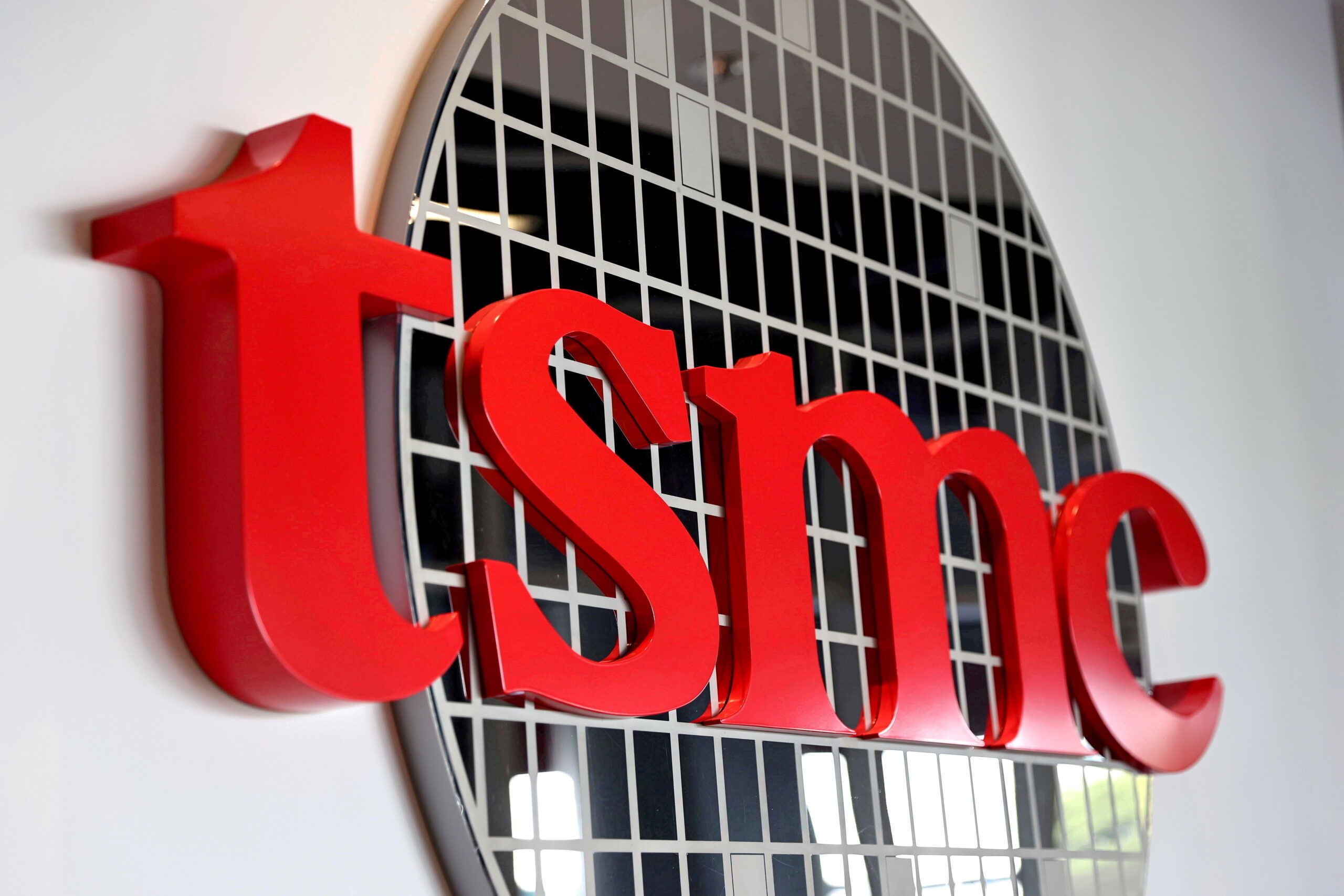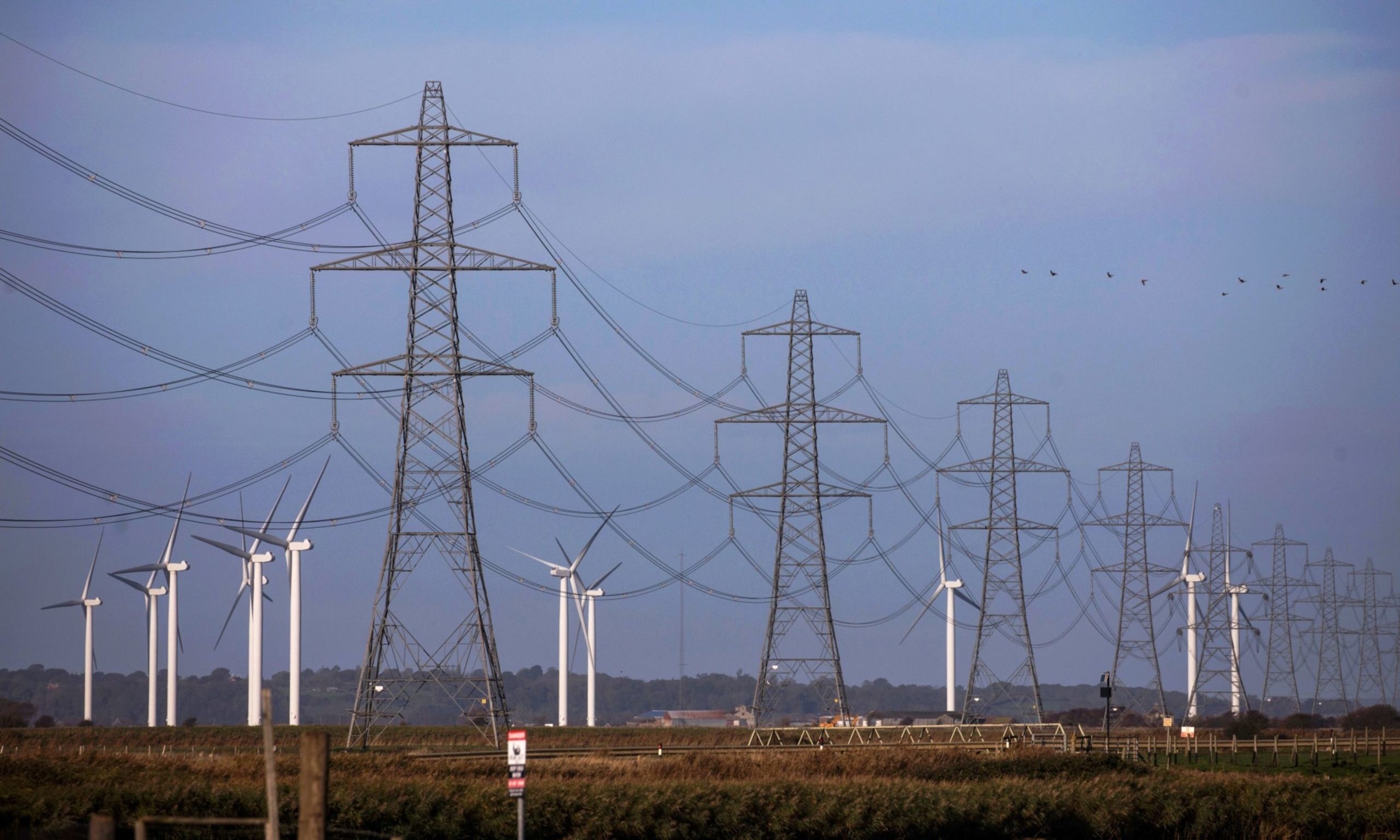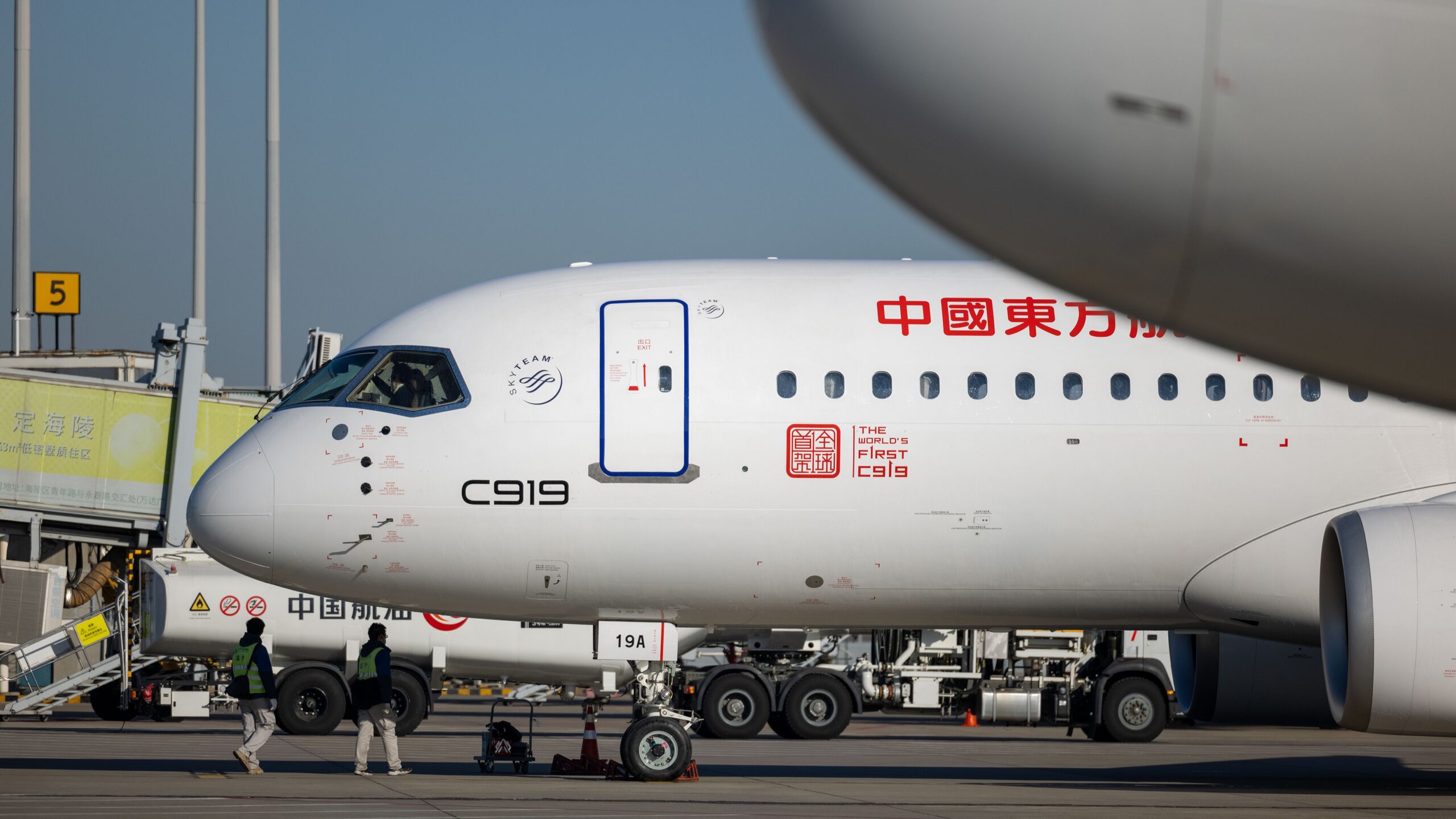Speculation is rife that U.S. President Donald Trump may announce new tariffs on semiconductors within the next week (14–21 April), raising concerns across Taiwan, a linchpin in global chip manufacturing. While the island’s semiconductor supply chain faces potential challenges, analysts believe that industry giants like TSMC could weather the storm, though smaller firms may struggle.
Tariff Uncertainty Grips Markets
Trump has repeatedly targeted Taiwan’s semiconductor dominance, claiming it has “taken America’s chip business.” On 12 April, he hinted at unveiling tariff details, but clarity remains elusive. On 11 April, the U.S. Customs and Border Protection agency announced a temporary exemption for semiconductors and related equipment from a 32% tariff on Taiwan and a 125% tariff on China, covering products like smartphones and computers. The news briefly calmed markets, but Trump swiftly countered on 13 April via Truth Social, denying any permanent exemptions and flagging a national security review that could reshape tariff plans.
“Trump’s tariff rhetoric feels like a negotiation tactic,” said industry analyst Chen Chih-hao. “He’s likely pressuring firms like TSMC to boost U.S. investments.” Indeed, TSMC announced in April an additional $100 billion investment in American facilities, signalling proactive steps by Taiwanese firms.
What’s at Stake for Taiwan?
Should Trump impose semiconductor tariffs next week—potentially at the previously floated 100% rate—Taiwan’s economy and industries could face several implications:
- Cost Pass-Through and Price Pressures: Analysts predict TSMC, with its unrivalled edge in advanced chipmaking, could pass tariff costs to U.S. clients like Apple and Nvidia, driving up American electronics prices while shielding its profit margins. Smaller players in testing or IC design, however, lack such leverage and could face financial strain or even layoffs.
- Stock Market Volatility: Semiconductors account for nearly half of Taiwan’s stock market. Tariff fears could spark sell-offs, as seen on 2 April when Trump’s 32% tariff announcement triggered a global market dip, later stabilised by exemptions. New tariffs could rekindle volatility, though confidence in TSMC may limit losses.
- Supply Chain Realignment: Tariffs may hasten efforts to diversify production. TSMC has plants in the U.S. and Japan, but replicating Taiwan’s advanced manufacturing elsewhere is costly and complex. Firms like Foxconn and Wistron are also ramping up U.S. operations to mitigate risks.
Taiwan-U.S. Tensions and Negotiations
Taiwan’s government is on high alert. Premier Cho Jung-tai recently vowed to crack down on “Chinese-made relabelling” and engage with U.S. counterparts, stressing the complementary nature of Taiwan-U.S. supply chains. The Ministry of Economic Affairs underscored TSMC’s win-win partnership with American chip designers, hoping to secure exemptions or lower rates. Yet Trump’s hardline stance may demand greater Taiwanese investment in the U.S., complicating talks.
“Taiwan’s bargaining power lies in its technological edge,” said Lin Tsu-chia, an economics professor at National Chengchi University. “But long-term geopolitical risks could strain Taiwan-U.S. trade ties.”
Global Ripple Effects and U.S. Risks
Tariffs on Taiwanese chips could backfire on the U.S., which relies heavily on Taiwan for advanced semiconductors powering AI and military applications. Analysts warn that supply chain disruptions would hit American consumers and firms hardest. Meanwhile, competitors like South Korea’s Samsung or China’s SMIC could seize market share, though they’re unlikely to rival TSMC’s dominance soon.
Outlook: Cautious Optimism
Acer founder Stan Shih expressed confidence in Taiwan’s tech sector, citing its preparedness. Experts urge firms to diversify risks and the government to bolster global negotiations to cement Taiwan’s indispensable role. Investors are advised to monitor Trump’s 14 April (U.S. Eastern Time) statements for clues on next steps.




